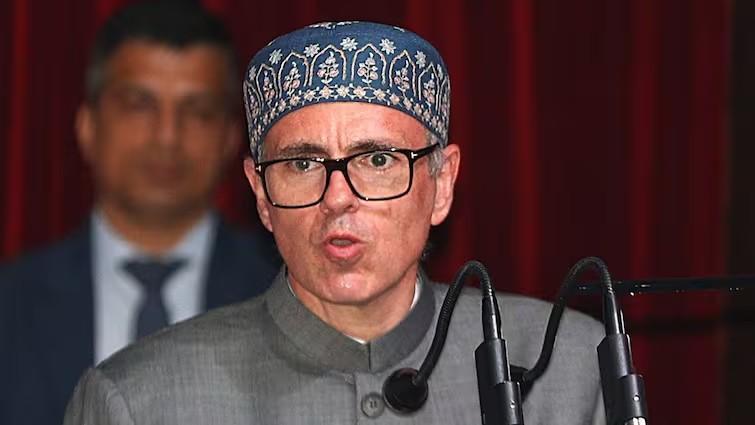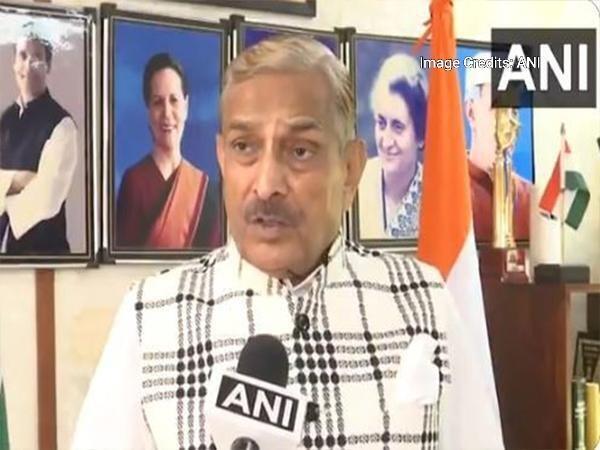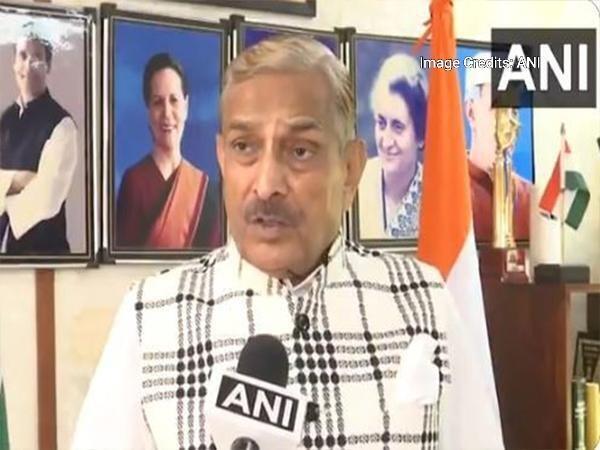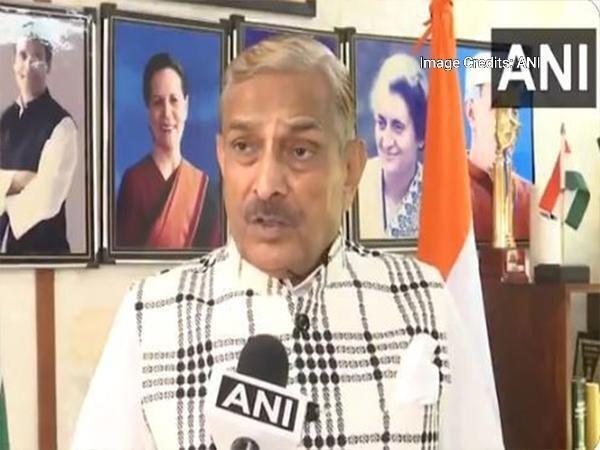
Normalcy in J&K post Art 370 abrogation is forced, not organic: CM
On August 5, 2019, the Indian government made a bold move by abrogating Article 370 of the Constitution, which granted special status to Jammu and Kashmir. The move was met with widespread protests and violence in the region, leading to a clampdown on communication and movement. Since then, the Centre has claimed that normalcy has been restored in the region. However, the former Chief Minister of Jammu and Kashmir, Omar Abdullah, has a different take on the situation.
In a recent statement, Omar Abdullah said that the normalcy in the region is “forced” and not organic. He questioned the Centre’s claim that the situation has returned to normal, saying that if it were truly organic, it would not be driven by fear. “If what is happening in J&K is organic, then nothing like it. If it is driven out of fear, then there’s a problem,” he said.
Abdullah’s statement is a stark contrast to the Centre’s claim that normalcy has been restored in the region. The government has been touting the situation as a major success story, with claims of increased economic activity, tourism, and even a decline in crime rates. However, Abdullah’s statement suggests that the reality on the ground is far from what the Centre is claiming.
So, what does Omar Abdullah mean by “forced normalcy”? Is he suggesting that the Centre has imposed a sense of normalcy on the region, rather than allowing it to develop organically? The answer lies in understanding the context in which the statement was made.
Since the abrogation of Article 370, the Centre has taken a number of steps to quell the protests and dissent in the region. These steps include a massive deployment of security forces, restrictions on movement and communication, and the arrest of thousands of people. While these measures may have helped to restore a sense of normalcy in the short term, they have also had a profound impact on the people of Jammu and Kashmir.
Many people in the region feel that their freedoms have been curtailed, and that they are living under a sense of siege. The restrictions on movement and communication have made it difficult for people to go about their daily lives, and the arrests and detentions have created a sense of fear and uncertainty. This fear and uncertainty is not just limited to the people who have been arrested or detained, but also to their families and friends who are left wondering when they will be released.
Abdullah’s statement is a reflection of this sentiment. He is suggesting that the normalcy that exists in the region is not a natural or organic development, but rather a forced one. It is a sense of normalcy that has been imposed on the region, rather than one that has developed naturally.
So, what does this mean for the future of Jammu and Kashmir? Does Omar Abdullah’s statement suggest that the Centre’s efforts to restore normalcy have been unsuccessful? The answer is not a simple one.
On the one hand, the Centre’s efforts to restore normalcy have undoubtedly had some success. The region is no longer in the grip of widespread violence and protests, and the economy is slowly starting to recover. However, on the other hand, the forced nature of the normalcy that exists in the region is a major concern. It is a normalcy that is based on fear and coercion, rather than on trust and consent.
In the long term, this could have serious consequences for the region. If the people of Jammu and Kashmir do not feel that they have a say in their own future, if they do not feel that their voices are being heard, then it is unlikely that the Centre’s efforts to restore normalcy will be successful. The region will remain a tinderbox, waiting to ignite once again.
In conclusion, Omar Abdullah’s statement is a powerful reminder of the complexities of the situation in Jammu and Kashmir. While the Centre’s efforts to restore normalcy have had some success, they have also had some serious consequences. The forced nature of the normalcy that exists in the region is a major concern, and it is one that will need to be addressed if the Centre is to succeed in its efforts to bring peace and stability to the region.





